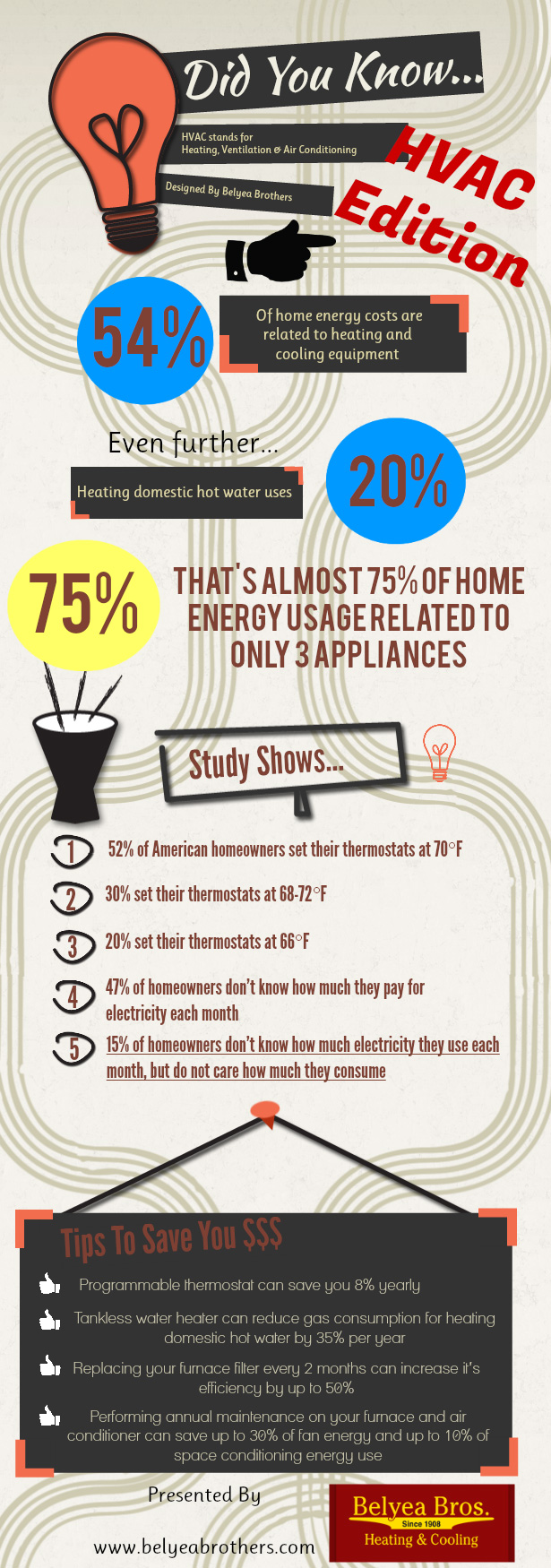The Future Of Home Home Heating - Exactly How Heat Pump Technology Is Advancing
The Future Of Home Home Heating - Exactly How Heat Pump Technology Is Advancing
Blog Article
Short Article By-David MacGregor
Heatpump will certainly be an important modern technology for decarbonising heating. In a situation constant with federal governments' revealed energy and environment commitments, their global capability increases by 2030, while their share in home heating rises to one-quarter.
They work best in well-insulated homes and rely on electrical power, which can be provided from a sustainable power grid. Technological developments are making them more effective, smarter and cheaper.
just click the up coming page make use of a compressor, refrigerant, coils and fans to move the air and warm in homes and home appliances. They can be powered by solar energy or power from the grid. They have been obtaining appeal because of their inexpensive, silent procedure and the capacity to generate electrical energy throughout peak power need.
Some companies, like IdaTech and BG MicroGen, are working on fuel cells for home heating. These microgenerators can replace a gas boiler and generate several of a home's electrical needs with a connection to the electrical power grid for the rest.
However there are reasons to be hesitant of using hydrogen for home heating, Rosenow states. It would certainly be costly and inefficient contrasted to other technologies, and it would include in carbon discharges.
Smart and Connected Technologies
Smart home technology enables home owners to link and control their gadgets from another location with the use of mobile phone applications. For instance, wise thermostats can discover your home heating preferences and immediately get used to enhance energy consumption. Smart lighting systems can be controlled with voice commands and instantly shut off lights when you leave the space, decreasing energy waste. And smart plugs can keep track of and handle your electrical usage, allowing you to determine and restrict energy-hungry home appliances.
The tech-savvy home illustrated in Carina's meeting is a good picture of how passengers reconfigure area home heating methods in the light of brand-new smart home technologies. ducted heat pump with ventilation christchurch depend on the tools' automatic features to perform everyday changes and regard them as a hassle-free means of conducting their heating techniques. As such, they see no reason to adapt their methods further in order to enable versatility in their home power need, and interventions targeting at doing so might face resistance from these homes.
Electrical energy
Because heating homes make up 13% of US emissions, a button to cleaner options could make a big difference. Yet the technology encounters obstacles: It's costly and requires extensive home improvements. And it's not always compatible with renewable resource sources, such as solar and wind.
https://www.tampabay.com/news/health/2020/04/27/your-ac-is-broke-the-wifi-is-down-is-it-safe-to-let-workers-into-your-home-during-the-quarantine/ , electric heatpump were too expensive to take on gas designs in many markets. Yet brand-new technologies in design and materials are making them much more inexpensive. And much better cool climate performance is enabling them to work well even in subzero temperatures.
The next step in decarbonising heating might be the use of warm networks, which draw heat from a central source, such as a neighboring river or sea inlet, and distribute it to a network of homes or buildings. That would certainly minimize carbon exhausts and permit homes to make use of renewable resource, such as green power from a grid provided by renewables. This choice would certainly be much less costly than changing to hydrogen, a fossil fuel that needs brand-new infrastructure and would only minimize CO2 emissions by 5 percent if coupled with enhanced home insulation.
Renewable Energy
As electrical energy rates go down, we're beginning to see the very same fad in home heating that has driven electric vehicles into the mainstream-- however at an even much faster pace. The strong environment case for impressive homes has actually been pressed better by brand-new study.
Renewables make up a substantial share of modern warmth intake, yet have actually been offered restricted policy interest internationally contrasted to other end-use fields-- and also much less attention than electricity has. Partly, this mirrors a mix of consumer inertia, split rewards and, in many nations, subsidies for nonrenewable fuel sources.
New technologies could make the change less complicated. As an example, heatpump can be made extra power reliable by changing old R-22 refrigerants with new ones that don't have the high GWPs of their predecessors. Some professionals likewise visualize district systems that attract heat from a nearby river or sea inlet, like a Norwegian arm. The warm water can then be made use of for heating & cooling in a neighborhood.